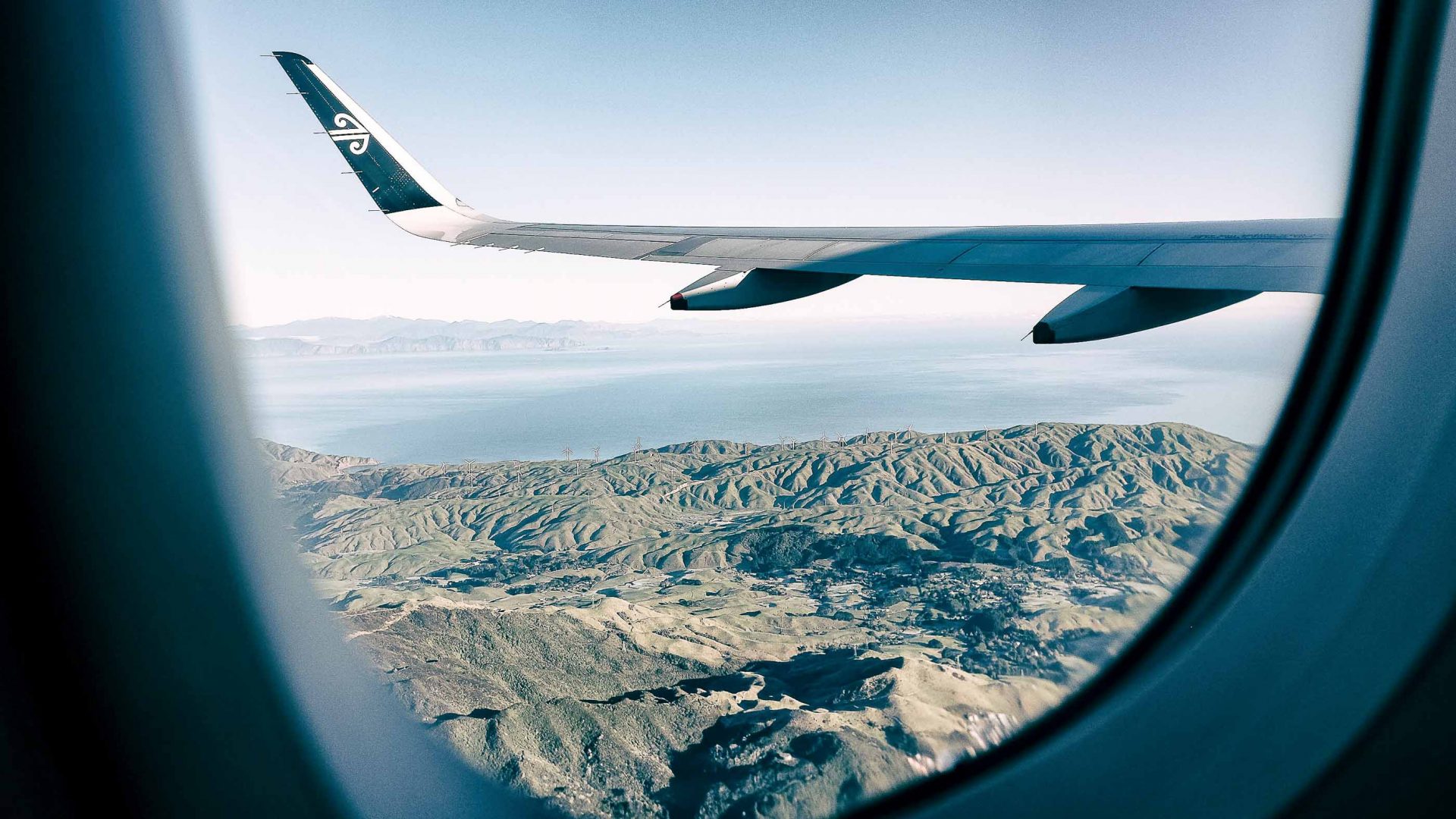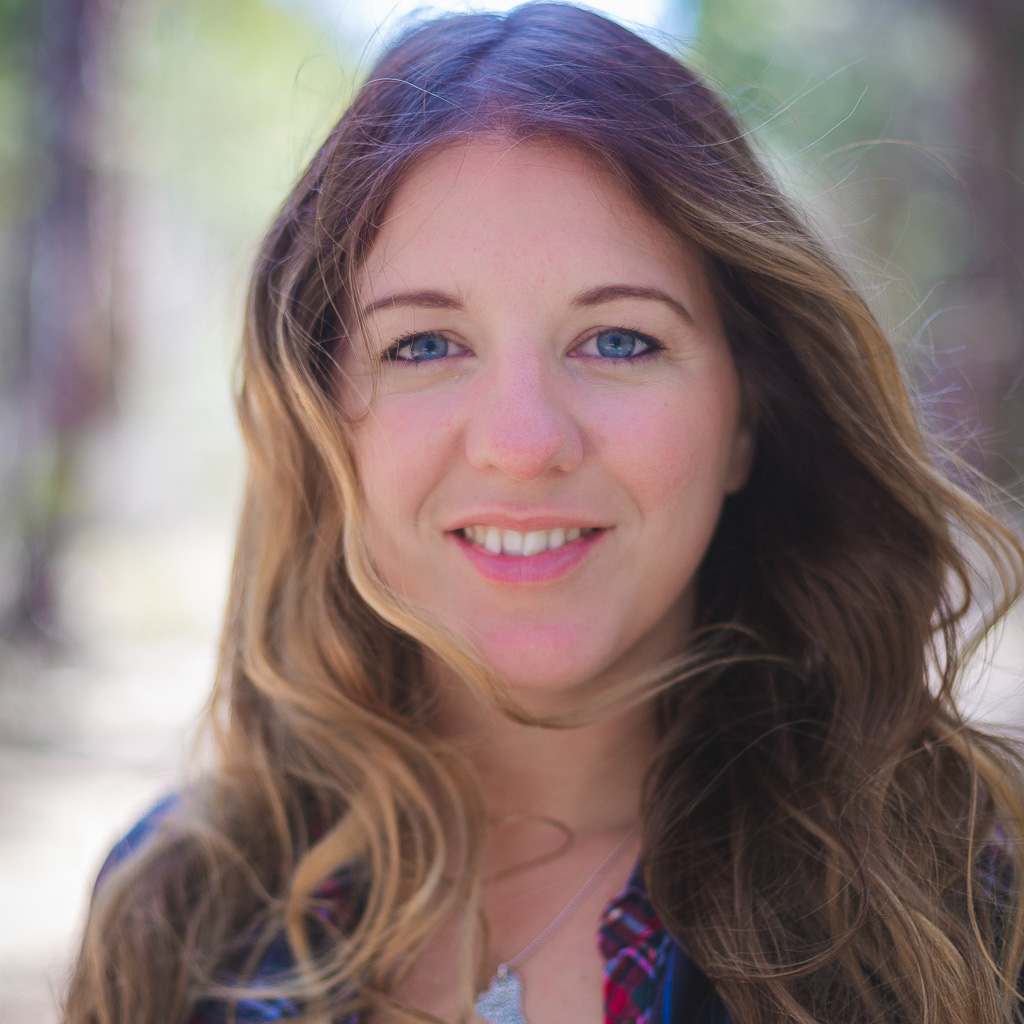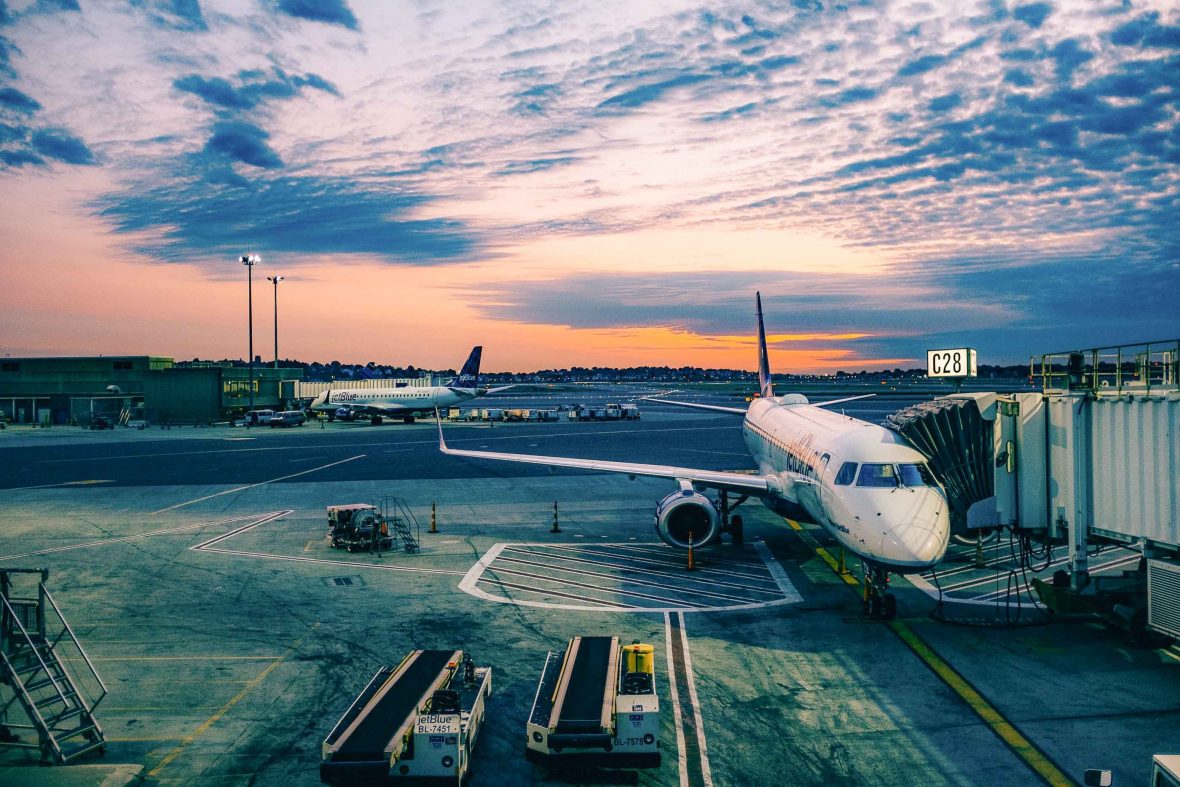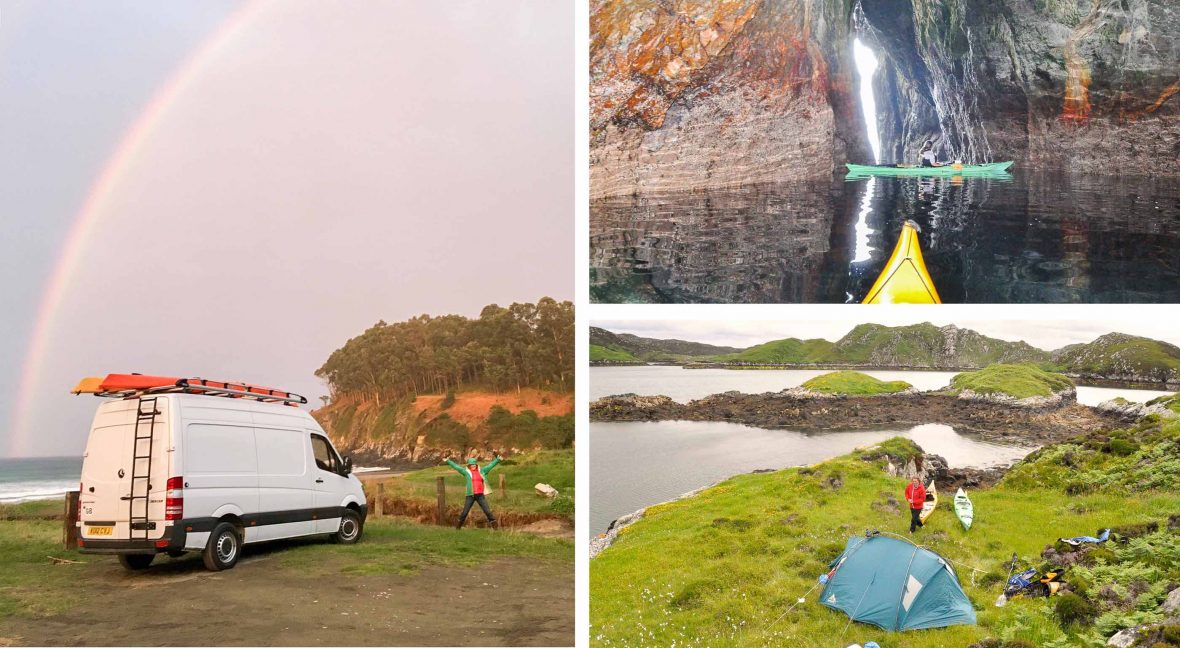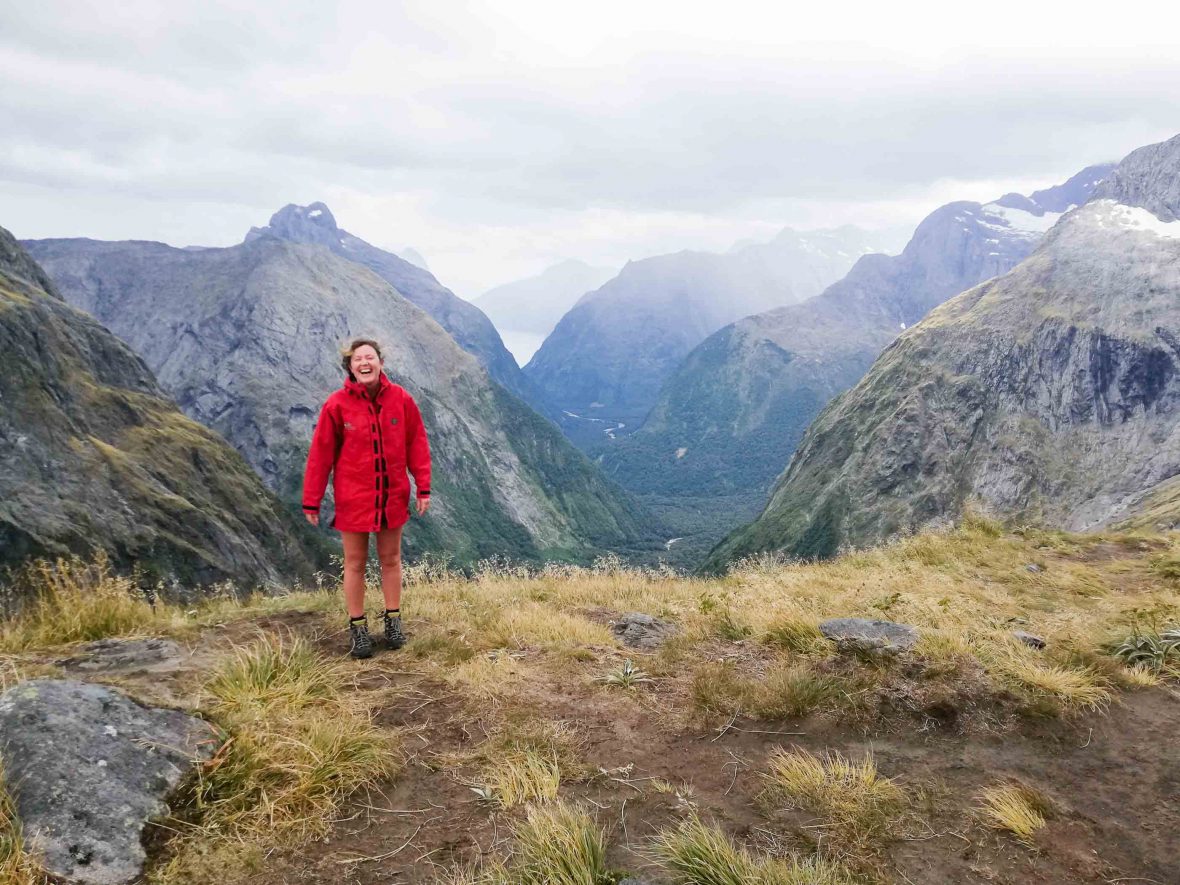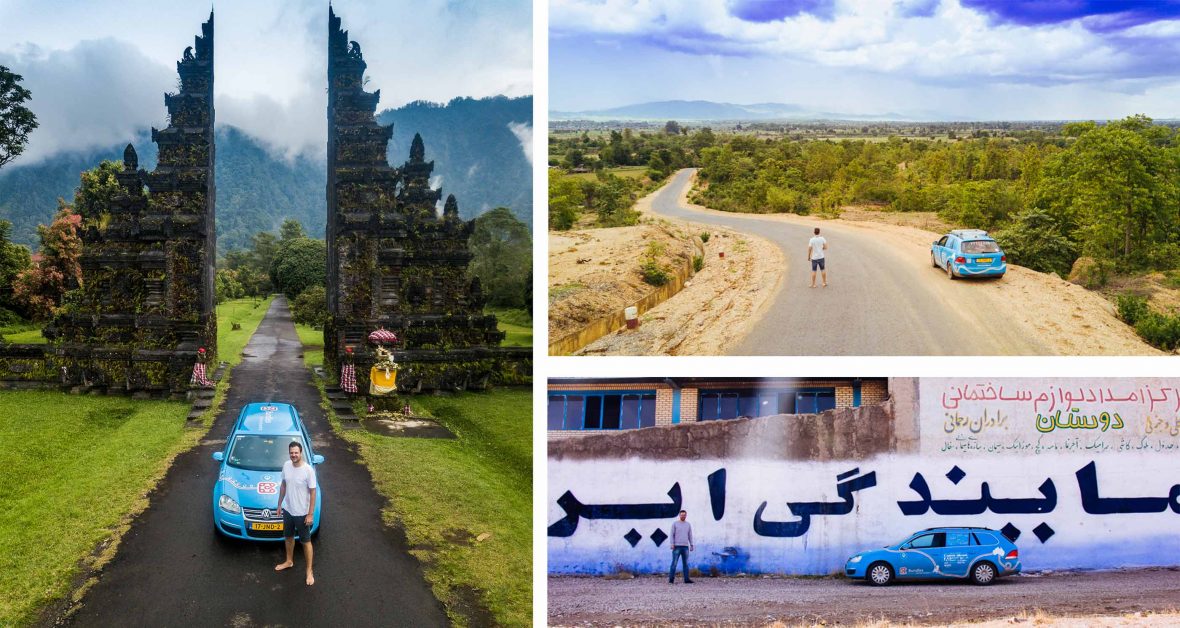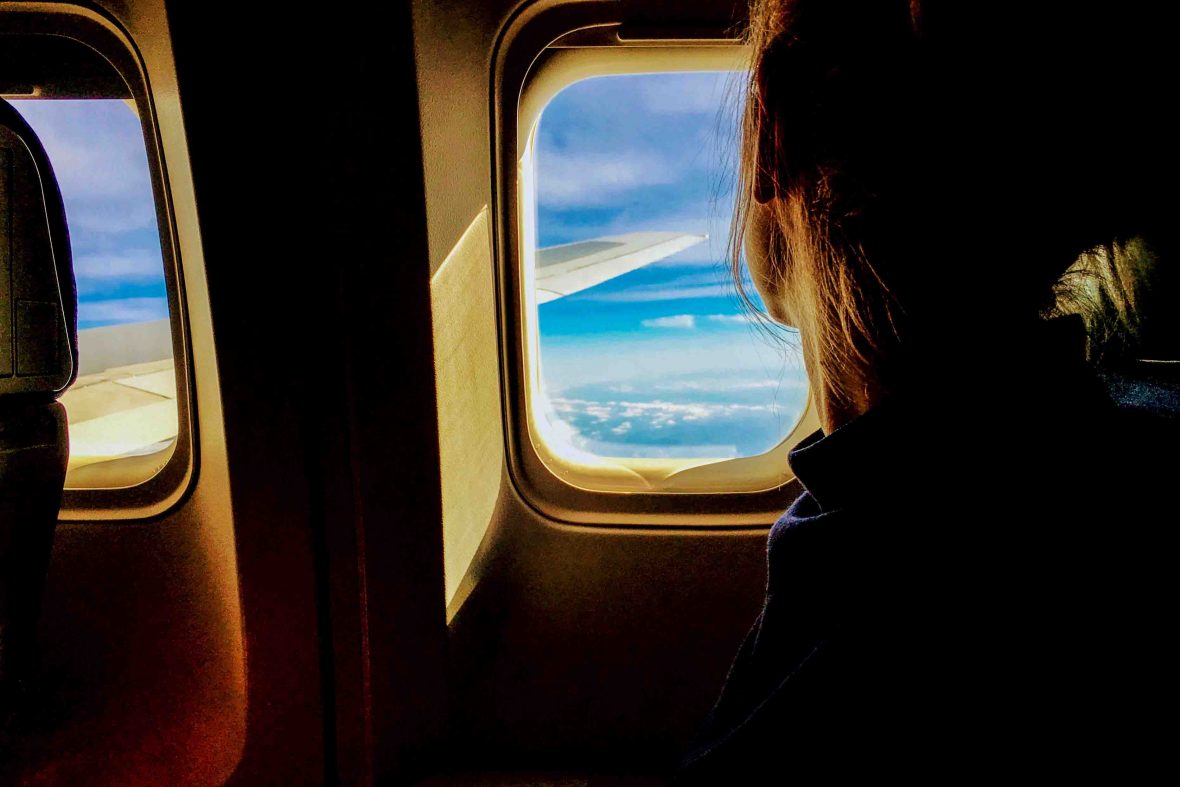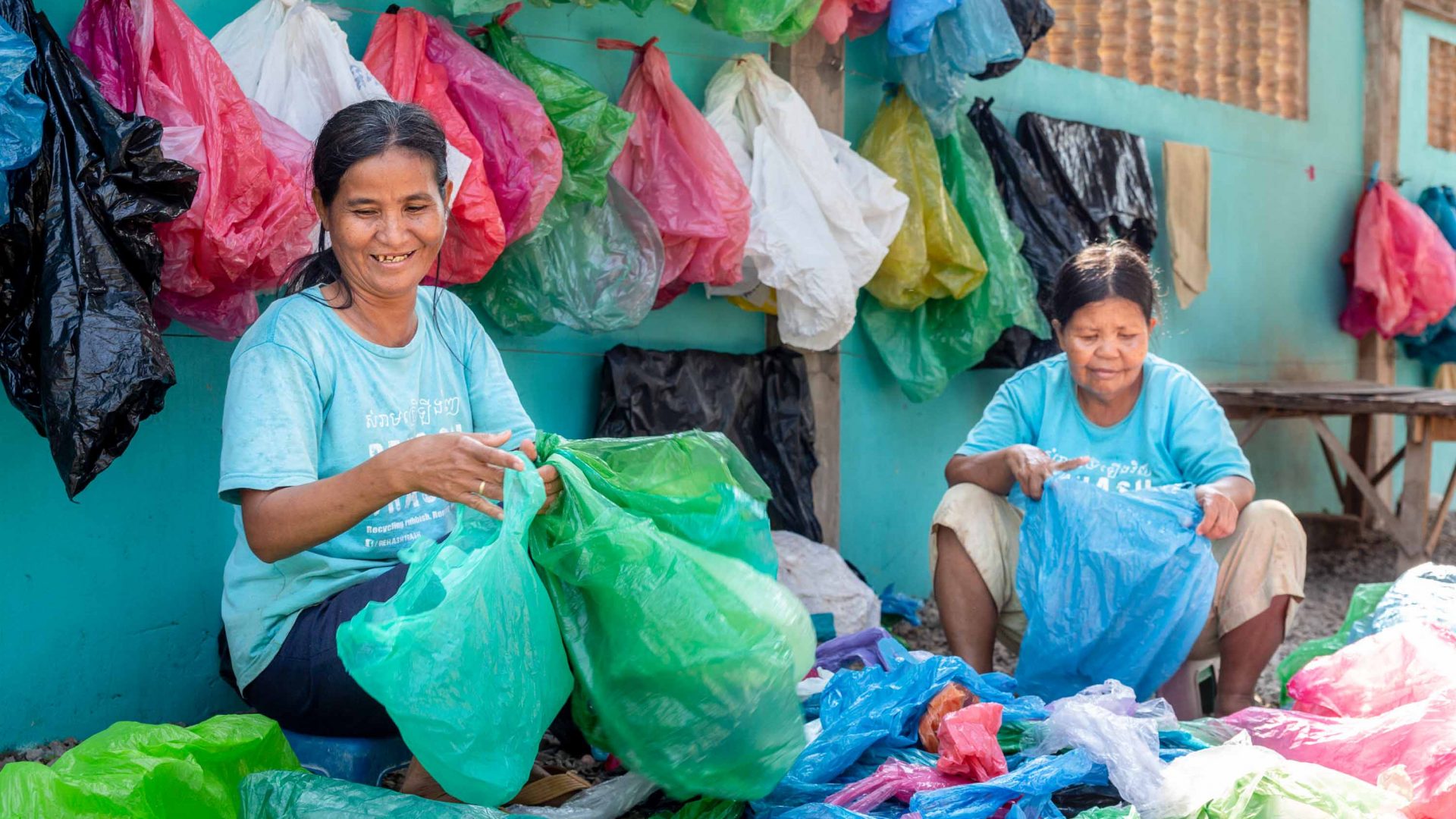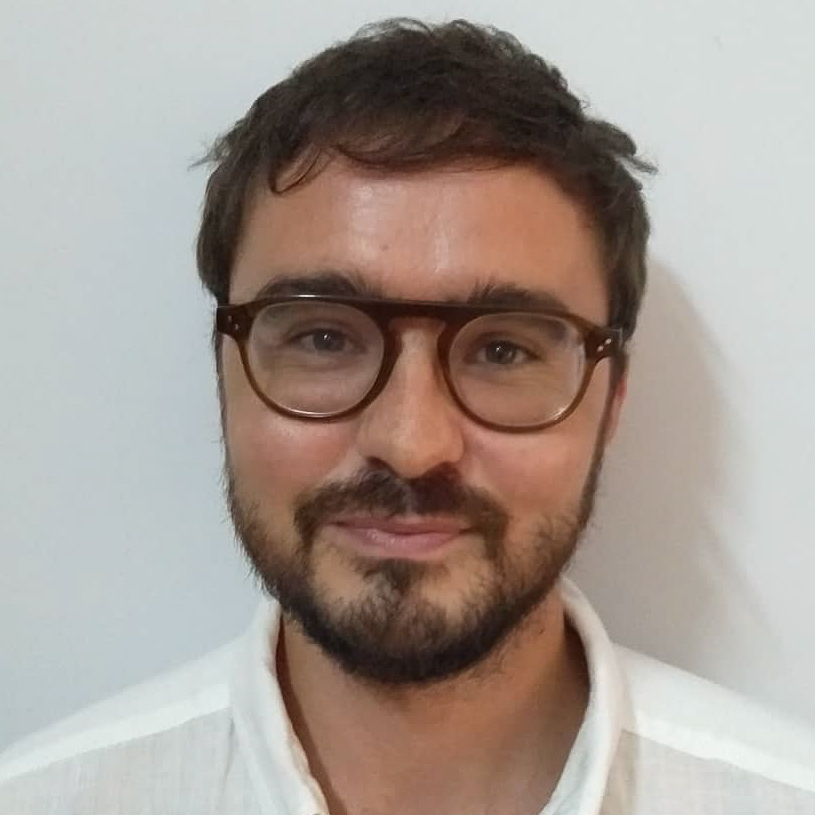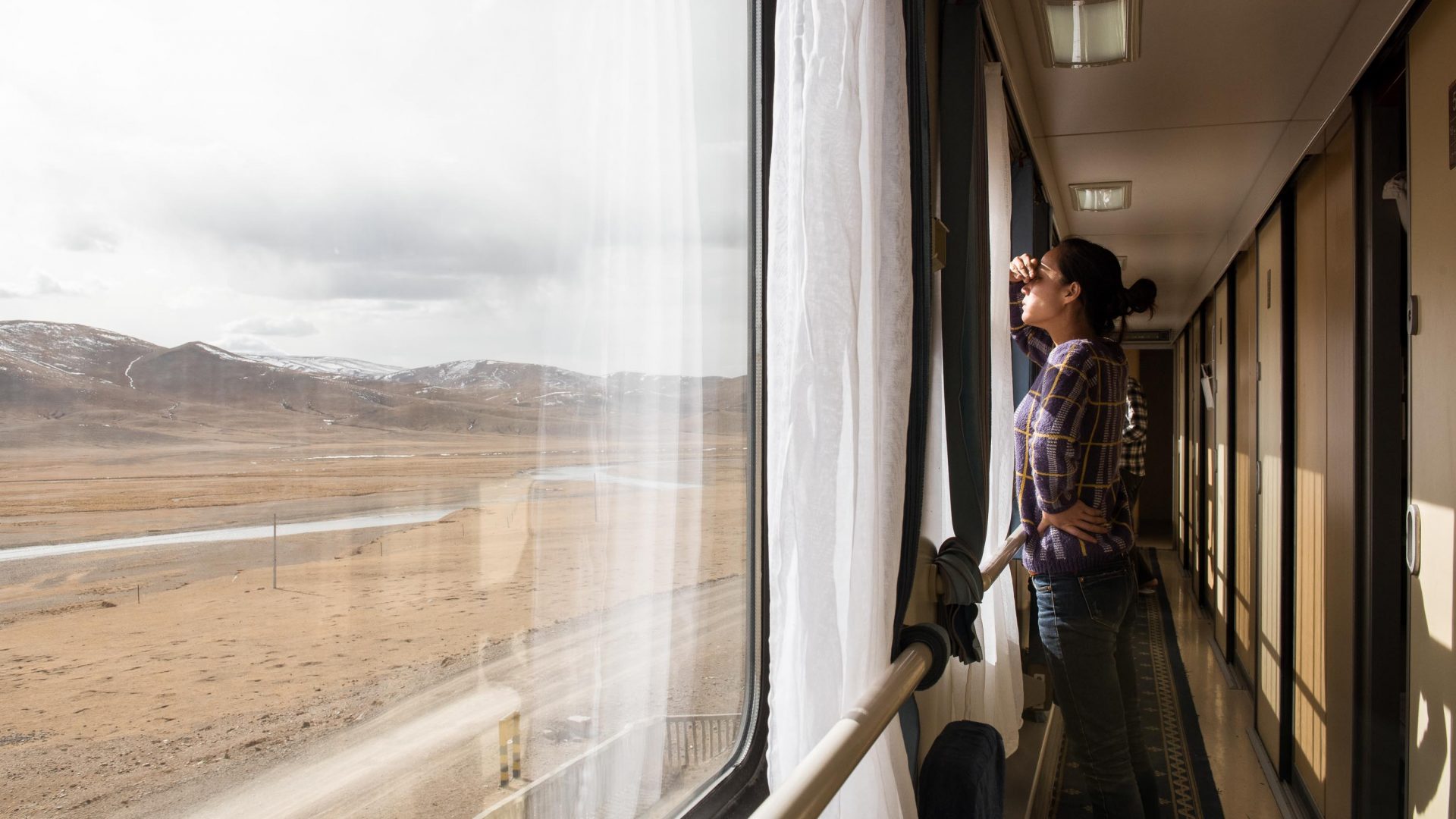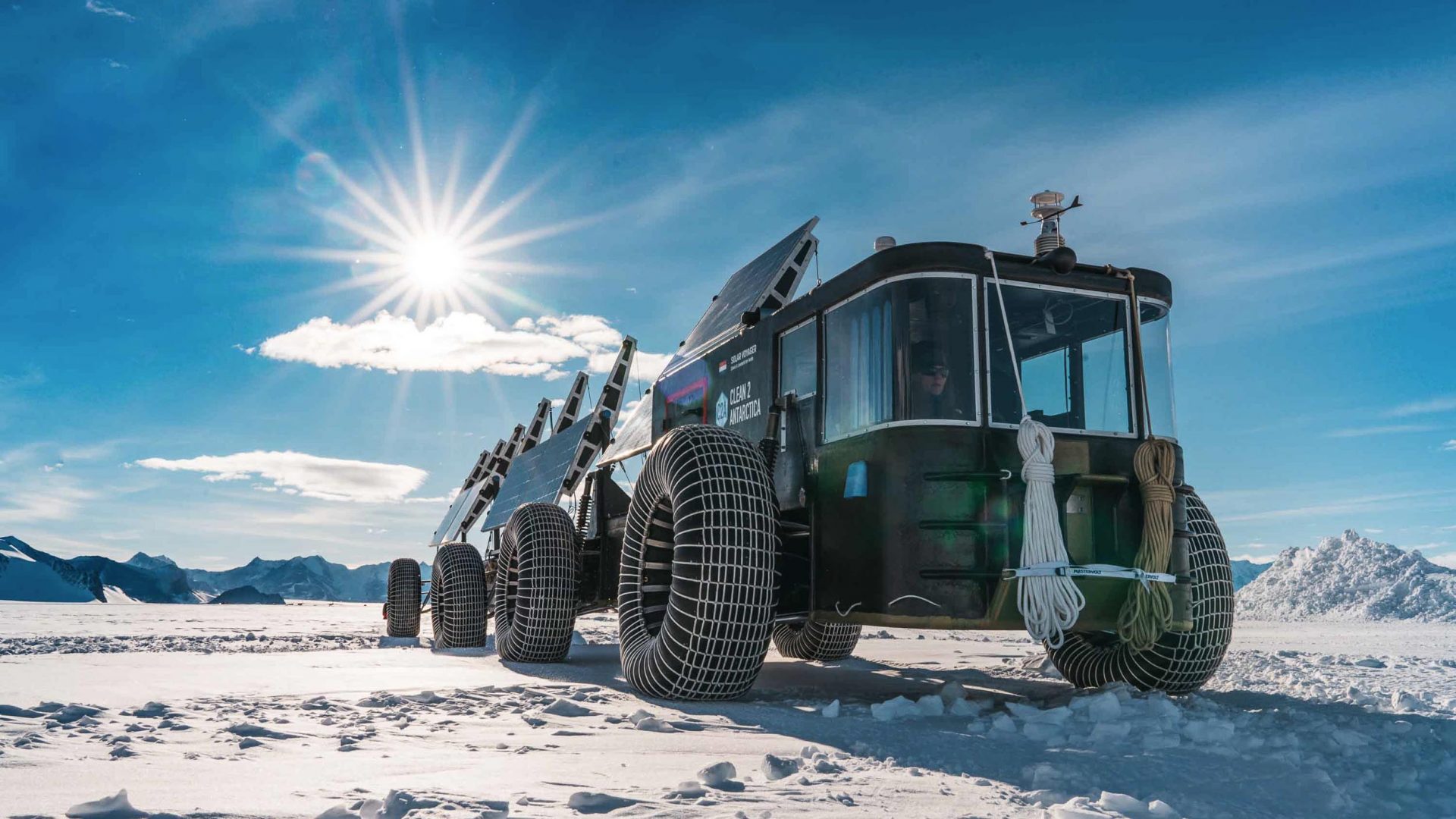With our planet in the throes of a climate crisis, tough questions around our flying habits are beginning to go mainstream. The Swedes have even invented a word for ‘flight shame’, and an increasing number of travelers are choosing to not fly at all. Brooke Nolan meets a few of them.
Ever since it was backed by
climate change activist Greta Thunberg, the flygskam
movement has been sweeping the world. The Swedish word literally translates
to ‘flight shame’ and is part of a growing conversation to encourage people to
stop flying.
For context, worldwide flights
produced 895 million tons of CO2 emissions in 2018—that’s 2 per
cent of the global total.
And while the airline industry knows it has a problem to solve—many airlines
now offer passengers the option to carbon-offset their trips, and aircraft
today are around 80 per cent more fuel-efficient than they were in the
1960s—for a growing number of climate-conscious travelers, flying is no longer
an option.
One organization, We Stay on the Ground, convinced 14,500 Swedes to stop air travel in 2019. For 2020, the
movement has spread to the UK, Denmark, Belgium, France, Germany and Canada.
Founder Maja Rosén is expecting 100,000 from each country to make the pledge. But
just how hard is it to give up flying?
Andy Middleton, from St. Davids in Wales, hasn’t flown for recreation since 2004. And he’s only taken four work-related flights since then, too. As chief exploration officer at education and adventure enterprise TYF, all of these flights have been related to sustainability strategy and innovation events.
“I’ve always believed that it’s important to walk the talk,” he says. “I have no right to try influencing others to do things I’m not doing myself. My current intention is to never fly on holiday again, and to only take a ‘work’ flight if nobody in the country can do what I can do, or the potential impact is many magnitudes greater than any carbon I emit.”
RELATED: Is zero-waste travel actually possible?
When he founded TYF 32 years ago, Andy vowed to never offer trips that involved putting guides or customers on planes, and he’s proud to have stuck with that. But can you really have as much fun on holiday without flying to some far-flung and exotic location?
“Twelve years ago, an early ‘no-fly’ holiday ended up being one of the best family holidays ever,” recalls Andy. “I cycled with my two eldest children, then 15- and 17-years-old, from west Wales to Plymouth. From there we took the ferry to northern Spain then cycled home. The 1,900+-kilometer trip took us 100 hours of cycling and had a lasting impact on all of us.”
One individual showing just how incredible a ‘no-fly’ trip can be is Wiebe Wakker. The 32-year-old from the Netherlands has just completed the ‘Plug Me In’ project, a three-year journey which saw him travel from Amsterdam to Australia in an electric car.
“It was 2014 when I started to work on the idea,” he explains. “Everyone was talking about electric cars, saying they weren’t reliable for long distances and I wanted to prove otherwise, as they’re a clear way to help tackle climate change.”
Wiebe set up a website where people could support his journey by offering a place to stay, a hot meal and, of course, a plug socket. His route was shaped by these offers and one of his highlights ended up being a country he was originally most concerned about—Iran.
“Most social media is banned in Iran so before I got there, I’d had just one message from a man in Tehran,” says Weibe. “But, with the help of his family and friends, he guided me from the border of Turkey across 2,000 kilometers to the Persian Gulf. We made contact with some car bloggers along the way who loved what I was doing. One post on Instagram (one of the only social media platforms allowed at the time) and within 24 hours, I had 100 offers from around the country.”
But, according to a BBC report, fewer than half of the world’s major airlines currently offer carbon-offsetting. And only one percent of customers actually do it. And even worse, according to the non-flyers out there, carbon offsetting isn’t really worth anything anyway.
“Paying for offsets is like paying someone else to stay celibate to justify an ongoing affair,” says Andy. “Offsetting with the highest-impact programs is better than not offsetting, but it’s nowhere near as good as not flying to start with.”
RELATED: The woman who went around the world in 80 trains
Melanie agrees. “Carbon offsets are a joke,” she says. “You pay a couple of dollars to alleviate guilt. Those ‘offsets’ are miles away from being able to actually counteract your emissions, and often they’re just creative accounting anyway.”
I, for one, am feeling the full force of flygskam right now. In fact, I have a confession to make: I’m writing this from Sydney Airport, waiting for a flight to Geneva, to start a new life in Switzerland.
Luckily, Melanie has some kind words. “In some ways, flygskam is a really good concept,” she says. “We do all need to acknowledge that flying has a harmful effect on the climate. But the thing that I find unsettling is when I hear of friends who are going on a rare overseas trip to see family, or maybe on an adventure they’ve been dreaming of for years, and they feel literally sick with guilt. Flygskam can be a useful concept, but it has to land in the right places.”
For me personally, as I embark upon a new life in landlocked Switzerland, flygskam has me seriously thinking. As an expat in Australia, not flying would have been pretty hard to achieve if I ever wanted to see my family. But here? The Eurostar is looking pretty attractive right now.
As for getting started, it’s all about starting small. “Any reduction in flying that you take is a good thing, so don’t over-commit with your first step,” says Andy Middleton. “Maybe promise to yourself that you won’t fly for this year, and travel by train instead. Consciously notice how it felt to not fly. Then go from there.”
